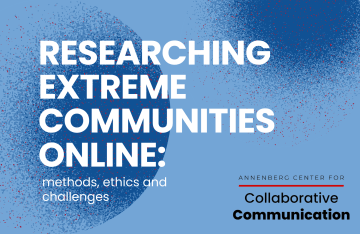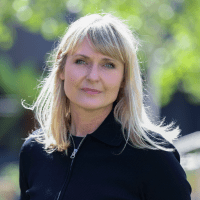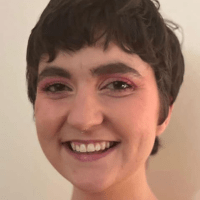
Researching Extreme Communities Online: Methods, Ethics and Challenges
- Annenberg School for Communication, Room 300
In this workshop designed for graduate students, we address some of the challenges faced by scholars who research extreme communities online.
In addition to covering a range of digital research methods (ranging from interviews and digital ethnography to quantitative analysis and tracking recommender algorithms), we also consider key issues in digital research ethics. Finally, the workshop engages participants in self-reflexive work about the challenges involved in researching subjects who are both vulnerable and potentially dangerous or threatening.
About the Speakers
Debbie Ging

Debbie Ging is Professor of Digital Media and Gender in the School of Communications at Dublin City University, Ireland. She teaches and researches on gender, sexuality and digital media, with a focus on digital hate, online anti-feminist men's rights politics, the incel subculture and radicalisation of boys and men into male supremacist ideologies. Debbie’s research also addresses youth experiences of gender-based and sexual abuse online and educational interventions to tackle this issue. She is co-editor of Gender Hate Online: Understanding the New Antifeminsm (Routledge, 2019) and has published widely on the manosphere, incels and online misogyny. Debbie is Ireland Corresponding Editor of the journal Men and Masculinities and is a member of the editorial boards of New Media and Society and Feminist Media Studies. She is also a member of the National Anti-Bullying Centre.
Catherine Baker

Catherine Baker is a postdoctoral researcher with DCU Anti-Bullying Centre. Her current research focuses on tracking the algorithmic radicalisation of boys and men into the manosphere via Tiktok. Previously to this, she completed her PhD at Loughborough University (Online Civic Culture Centre), exploring how misogynist incels use digital affordances to curate and distribute male supremacist ideology to a mass audience. Her research interests include misogyny, online extremism, masculinity, counter-epistemic communities, disinformation and digital platforms. Publications include a chapter on post-truth identities in the Routledge Companion to Media Misinformation and Populism.
About the Center
Annenberg Center for Collaborative Communication
The Annenberg Center for Collaborative Communication (Annenberg C3) enables scholars to think and work across institutional, geographic and disciplinary divides. Jointly established by the USC Annenberg School for Communication and Journalism and the University of Pennsylvania’s Annenberg School for Communication, the center’s faculty, postdoctoral fellows and doctoral students seek to address emerging global issues broadly across the field of communication and media.
The first-of-its-kind center not only explores what “collaboration” means for the field of communication and media, but also provides critical infrastructure for reimagining and potentially revolutionizing how collaborative communication can be used to address complex issues such as health care, data privacy, cultural and demographic change, politics, new media, gender/racial equity and justice, media literacy and policy, journalistic trust, and the restructuring of media industries in an evolving age of streaming and networked distribution.
Events
View AllDisclaimer: This event may be photographed and/or video recorded for archival, educational, and related promotional purposes. We also may share these video recordings through Annenberg's website or related platforms. Certain events may also be livestreamed. By attending or participating in this event, you are giving your consent to be photographed and/or video recorded and you are waiving any and all claims regarding the use of your image by the Annenberg School for Communication. The Annenberg School for Communication, at its discretion, may provide a copy of the photos/footage upon written request.
